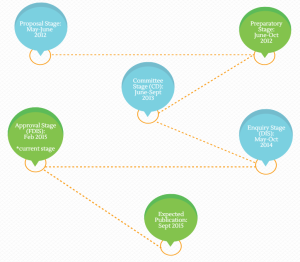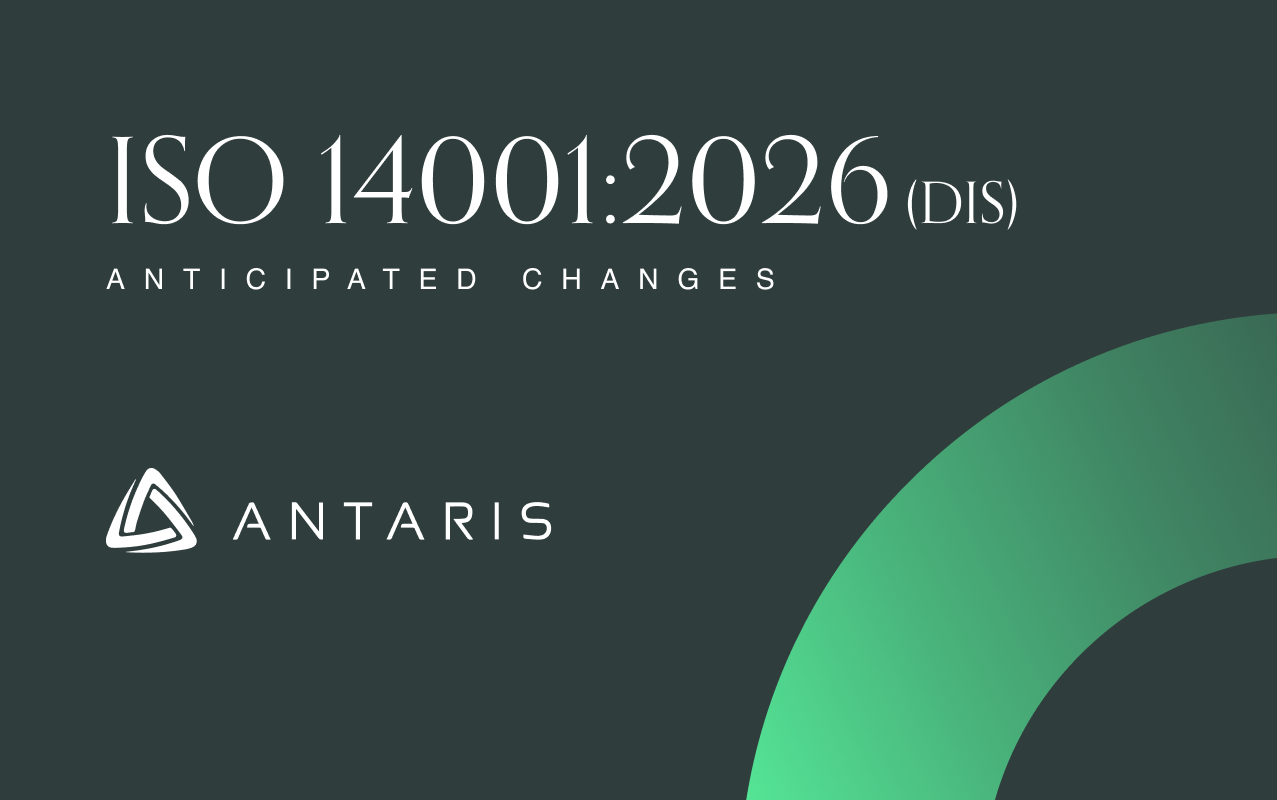Since it was first published in 1987, ISO 9001 has proved to be the most popular ISO standard, with nearly 1.2 million organisations already certified to this standard worldwide. It has become quite clear why so many organisations have decided to become certified to this standard, as it helps companies demonstrate to their customers that they can consistently deliver high quality products and services which meets their expectations. Along with helping to demonstrate quality, this framework allows certified organisations to streamline their processes in order to become more efficient.
ISO revise their published standards every five years to ensure that they are up-to-date, reflect current business practice, and stay relevant for the near-future. The revision process usually takes around three years to complete. The 2015 revision will bring about vast changes to the standard as the 2008 revision only made minor adjustments.
Currently at the Draft International Standard (DIS) stage, the standard received nearly 90% approval and nearly 2,000 comments. Once the sub-committee ISO/TC 176/SC2 has gone through the comments from the DIS, they will then produce the Final Draft International Standard (FDIS). It will then be put forward to all the ISO members for voting in July 2015. As soon as the FDIS has been approved by the ISO members, ISO 9001:2015 will be published. The standard is expected to be published in late September/early October 2015.
Timeline:

Main changes to expect with ISO 9001:2015 include:
- ISO 9001:2015 will follow Annex SL like other recently-published ISO standards. This will give a consistent look and feel in terms of structure and sequencing to all of the ISO standards.
- Risk-based thinking will be integrated into the standard, in the hope of preventing undesirable outcomes.
Steps you can take to prepare for the new version:
- Review your current approach.
- Engage with management to inform them of how the proposed changes will affect them.
- Review your approach to identification, management and control of your processes.
- If you are certified to more than one standard, start to consider the benefits to be gained from management system integration.
Note:
- Certification to ISO 9001:2008 will continue to be recognised by certification bodies and can be audited to before being withdrawn at the end of the three year transition period (October 2018). After this period, organisations will only be able to achieve certification to ISO 9001:2015.
- Organisations can upgrade to ISO 9001:2015 from September 2015 during a re-certification provided their system meets all the requirements outlined in ISO 9001:2015.
We have written on this topic previously:
ISO 9001 Draft International Standard Published
Major Changes to ISO 9001 on the way for 2015
Keep an eye on our twitter account for updates on the publication of ISO 9001:2015
Sources:
ISO.org: http://www.iso.org/iso/iso9001_revision
BSI: http://www.bsigroup.com/en-GB/iso-9001-quality-management/ISO-9001-revision-2015/







